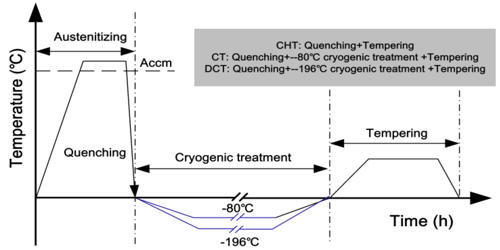Business expansion can be a business strategy where growth is acquired by increasing the number of stores in which customers can purchase a company’s products. Unlike relocation, business expansion entails opening new stores in numerous physical locations whilst still maintaining the current business locations. Bankruptcy lawyer las vegas audiences are more delighted by your current product or service, you can add an additional audience in your online business progression. Obviously, you can find this out right after conducting a survey. These are some modern processes for your business expansion.
Business Expansion is Important Phase in Business
















